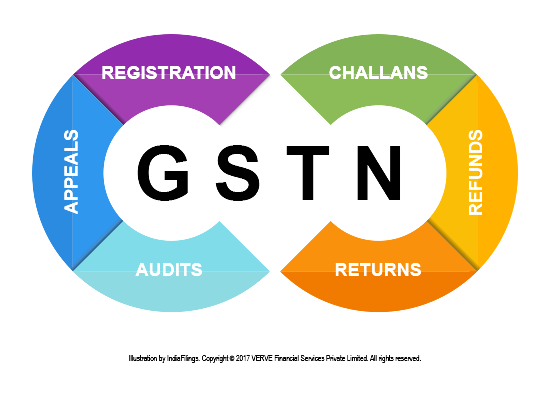In July 2017, the Indian government brought about a revolutionary tax regime. Unifying the whole country into a single tax system, a massive debate was also struck between people having different thoughts about the system. With GST, a lot of problems have been solved. At the same time, various issues spring up in the system regularly. From the accounting methods to calculations in the GST software, everything is impacted upon.
To combat such issues and help out the businesses in our country, the government along with other regulatory bodies is always looking to create amends. This process is termed as “amendments in the GST act”. In this post, we are going to discuss the recent amendments in the GST act. Let’s get started:
Table of Contents
Increased threshold limit
According to section 23 of the CGST Act, every person or organization that makes more than or equal to INR 20 lacs needs to obtain the GST registration. However, this threshold limit has been revised. Now, it has been increased to 40 lacs. Hence, any person involved in the supply of goods and services with a turnover of at least 40 lacs has to get GST registration. In this amendment, the exemption from GST registration has been subjected to various other conditions such as inter-state trade and being a non-resident taxable person.
Due dates for filing of GSTR-1 and GSTR-3B
The due dates for filing form GSTR-1 and GSTR-3B have been released as well.
a. In the case of GSTR-1
If a registered company has a turnover of up to INR 1.5 crore in April-May 2019, they are supposed to be filing for GSTR-1 every quarter. In this case, the due date will be 31st July 2019.For companies that have a turnover of above 1.5 crores, they need to file their GSTR-1 every month. The due date for each month will be the 11th day in the succeeding month.
b. In the case of GSTR-3B
GSTR-3B is supposed to be filed by every taxpayer every month. The due date to file form GSTR-3B is decided to be on the 20th of the succeeding month.
Reduced GST Rates for real estate developers or builders
In the 33rd and 34th meetings of the GST council, it has been recommended that the GST rate should be 1% for affordable homes and 5% in other cases, without the input tax credit. The promoters and builders will also be given a chance to continue paying the same rate on the ongoing projects. However, this option can be exercised only once.
So, these were some of the recent amendments in the GST act. Did we miss something that we are looking for? Or do you have questions about the ones we discuss? Feel free to get in touch with us.










